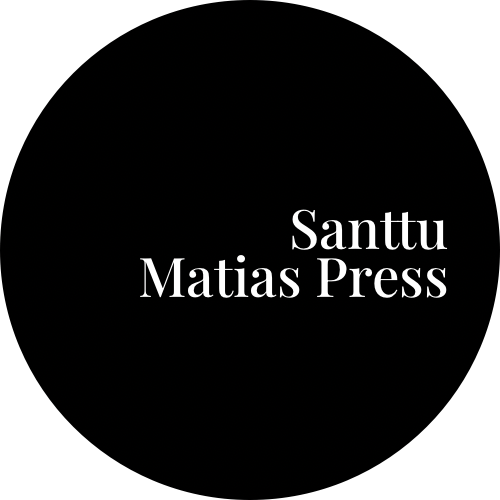Exodus: Leaving Evangelicalism and Fundamentalism
Alastair Wehbeh
‘‘It's a dangerous business, Frodo, going out your door. You step onto the road, and if you don't keep your feet, there's no knowing where you might be swept off to’.
― J.R.R. Tolkien, The Lord of the Rings
I arrived at Las Americas International Airport in the Dominican Republic at 2pm to wait for my connection to Quito. It was sweltering, and the ceiling fans in the waiting lounge moved as nonchalantly as the passport control officers behind their high desks. I watched the tropical stillness outside the tinted glass of the terminal building. I was 24 years old and it was 1999.
Travelling is addictive in a way which can be hard to pin down. It’s something to do with a childlike pleasure in momentum, of new sights, sounds, smells, and tastes; it’s an exercise in controlled disorientation. It is at one and the same time an act of separation and of immersion. ‘Travel is a vanishing act, a solitary trip down a pinched line of geography to oblivion’, wrote the travel writer Paul Theroux.[1] And yet, it is not a completely solitary affair. Theroux also wrote, in his most famous travel book The Great Railway Bazaar, ‘I sought trains, I found passengers’.[2] I have travelled in South America, Europe, Africa, and Asia. I relish the landscapes, the languages, the food, the flora and fauna, and the climates. But it’s the people you meet along the way who make travelling memorable. The elderly woman who shared her lunch with me on a bus in the Ecuadorian mountains; the young man who helped me find my way to Madrid airport when I was lost; the family of American tourists who invited me to join their table in a restaurant in Italy and became lifelong friends. It’s when you get lost that you really find out where you are. Travel books are useful. But there’s nothing quite like local knowledge.
[1] Paul Theroux, The Old Patagonia Express, Penguin: 1979. 11
[2] Paul Theroux, The Great Railway Bazaar, Penguin: 1975, 1
A True Account of the Fictional Life of Hasan Khalouf
Alastair Wehbeh
Damascus, 1956.
Father pushed his chair back from the table, wiped his mouth with a serviette, and walked over to the gramophone nestled on the shelf among the books of poetry, engineering, and Arab literature. He took a cigar from his shirt pocket.
‘It is settled then’ he said. ‘You will complete your education in England’.
He ran a finger along a line of records, pulling out Elgar’s Cello concerto in D minor. He removed the disc from its sleeve, blew on it, examined it in the dim light, and then with surgical precision placed it on the player, lowered the stylus, and stepped back. The record crackled to life.
He lit the cigar.
‘Damascus is old, like me’.
Mother said, ‘Where shall I put your coffee?’
‘There’.
Mother placed the porcelain cup on the table and shuffled back to the kitchen.
Father said, ‘Make us proud. Write when you can. I’ll send money until you can support yourself’.
Publication date: April 2026


